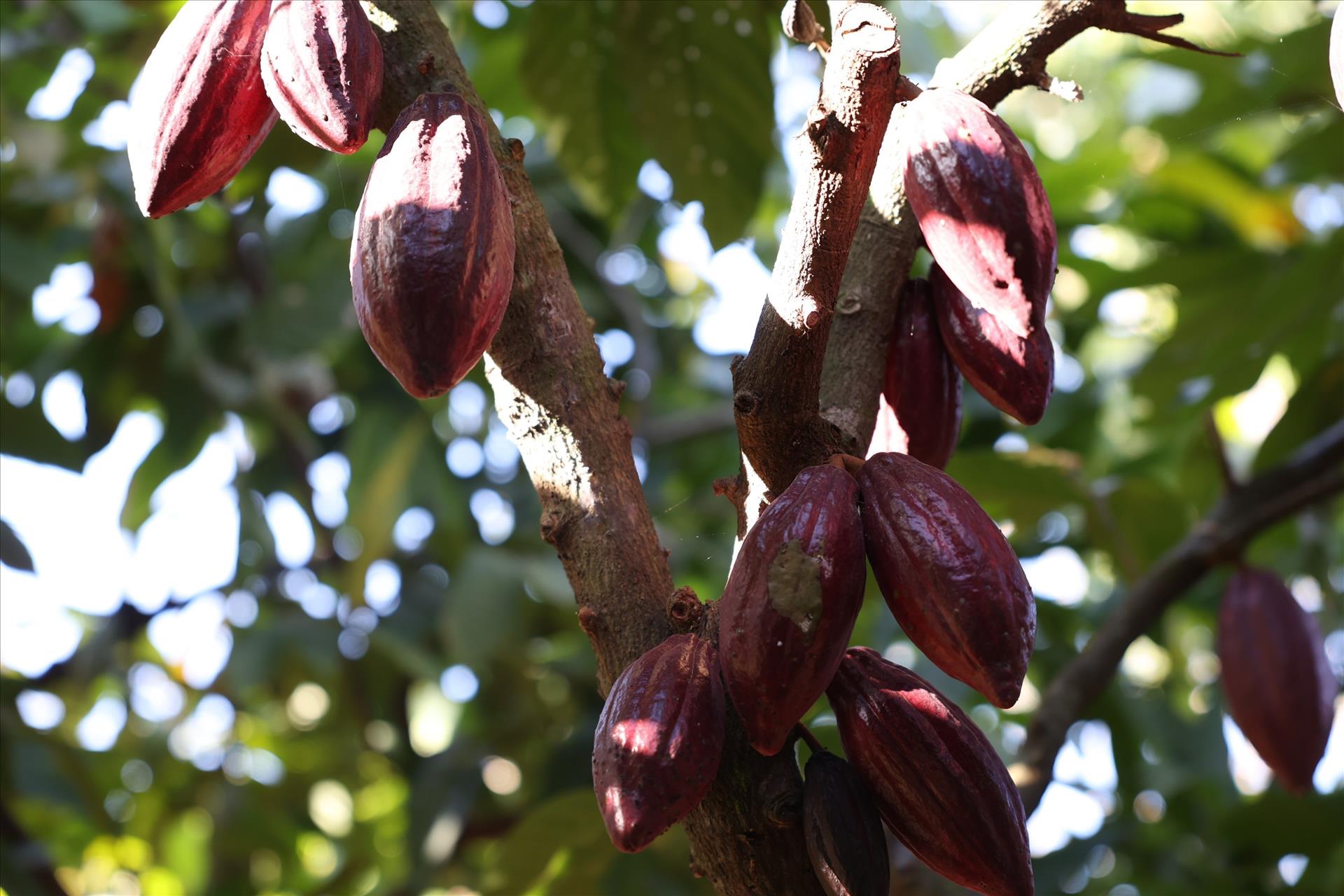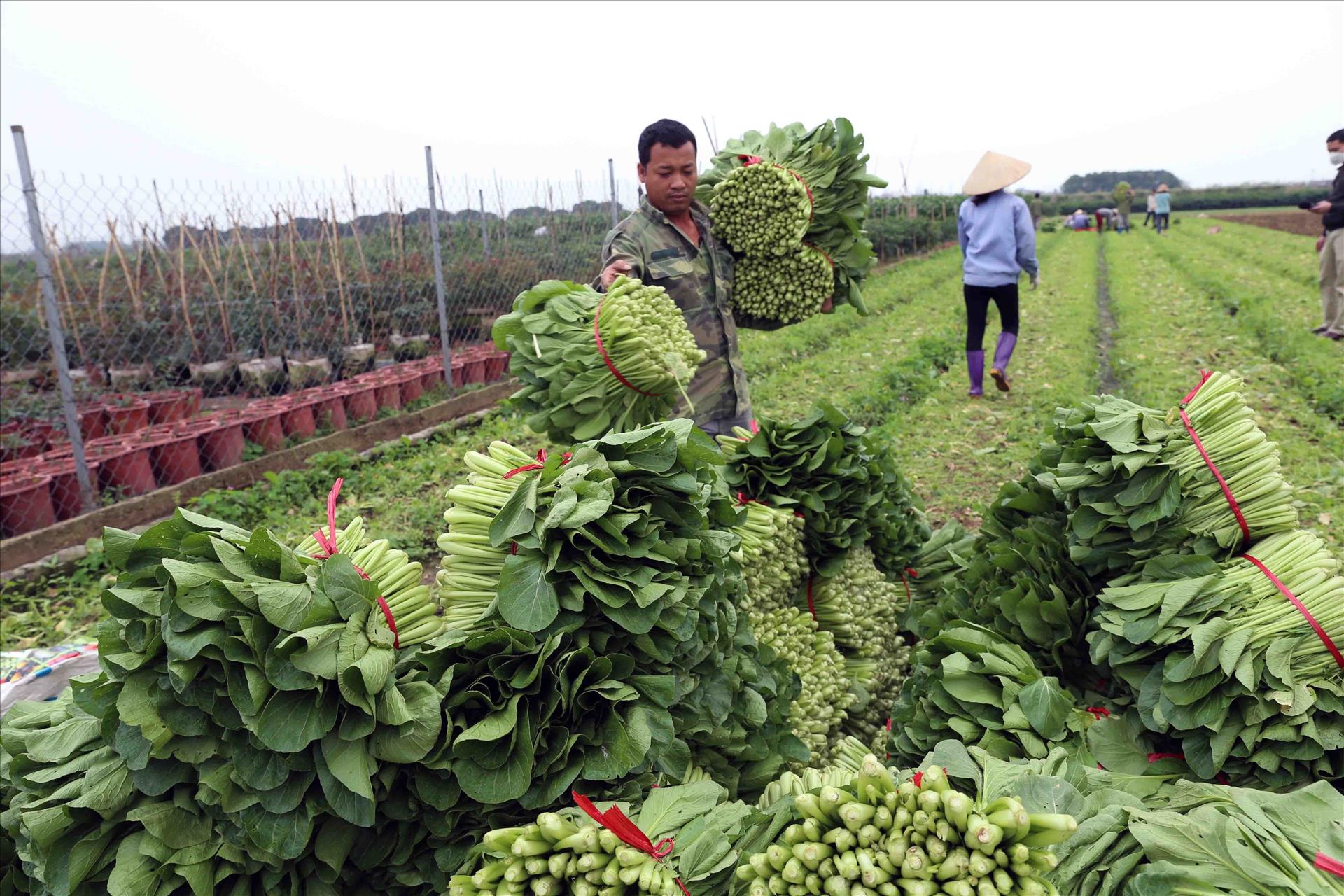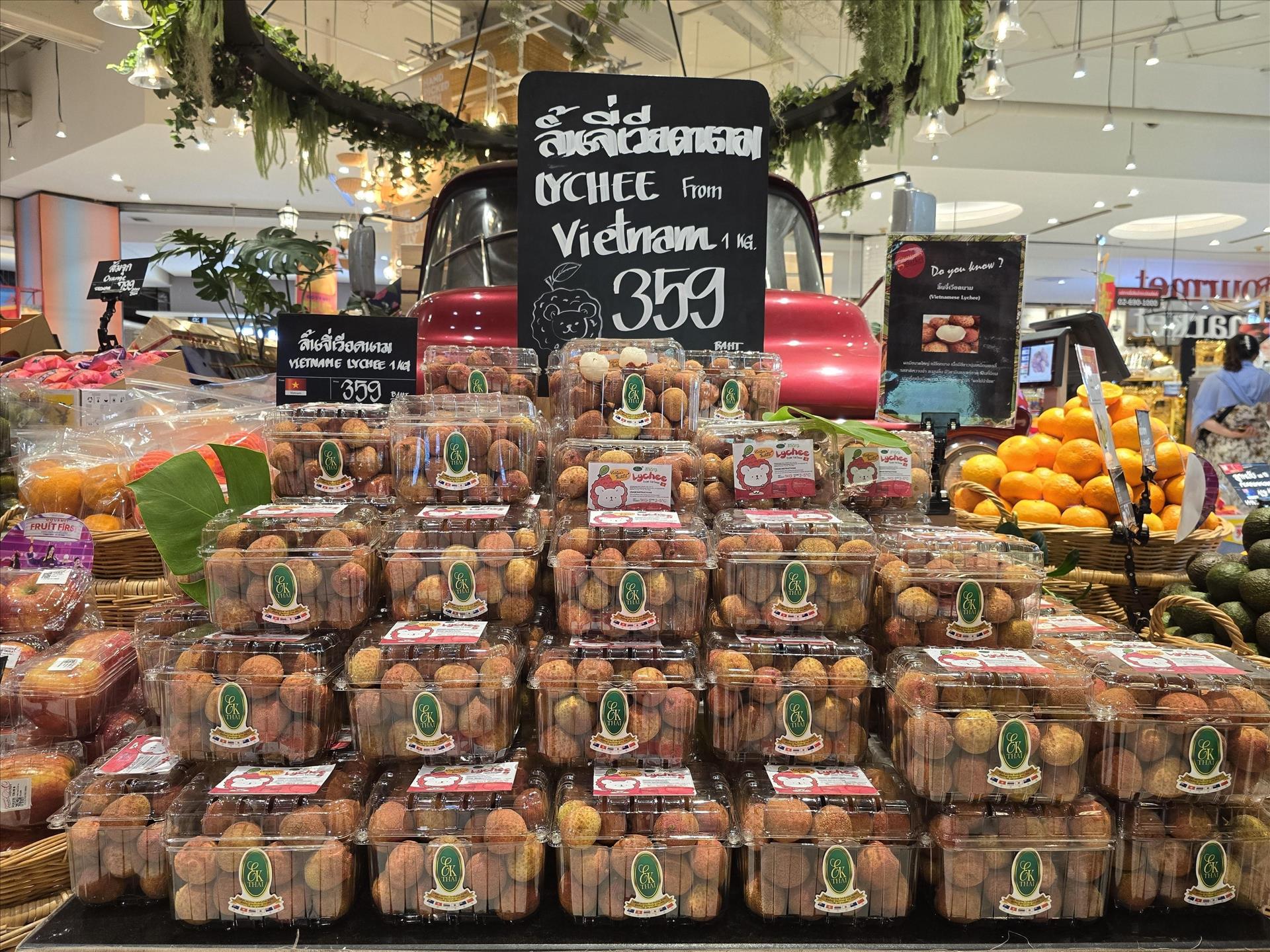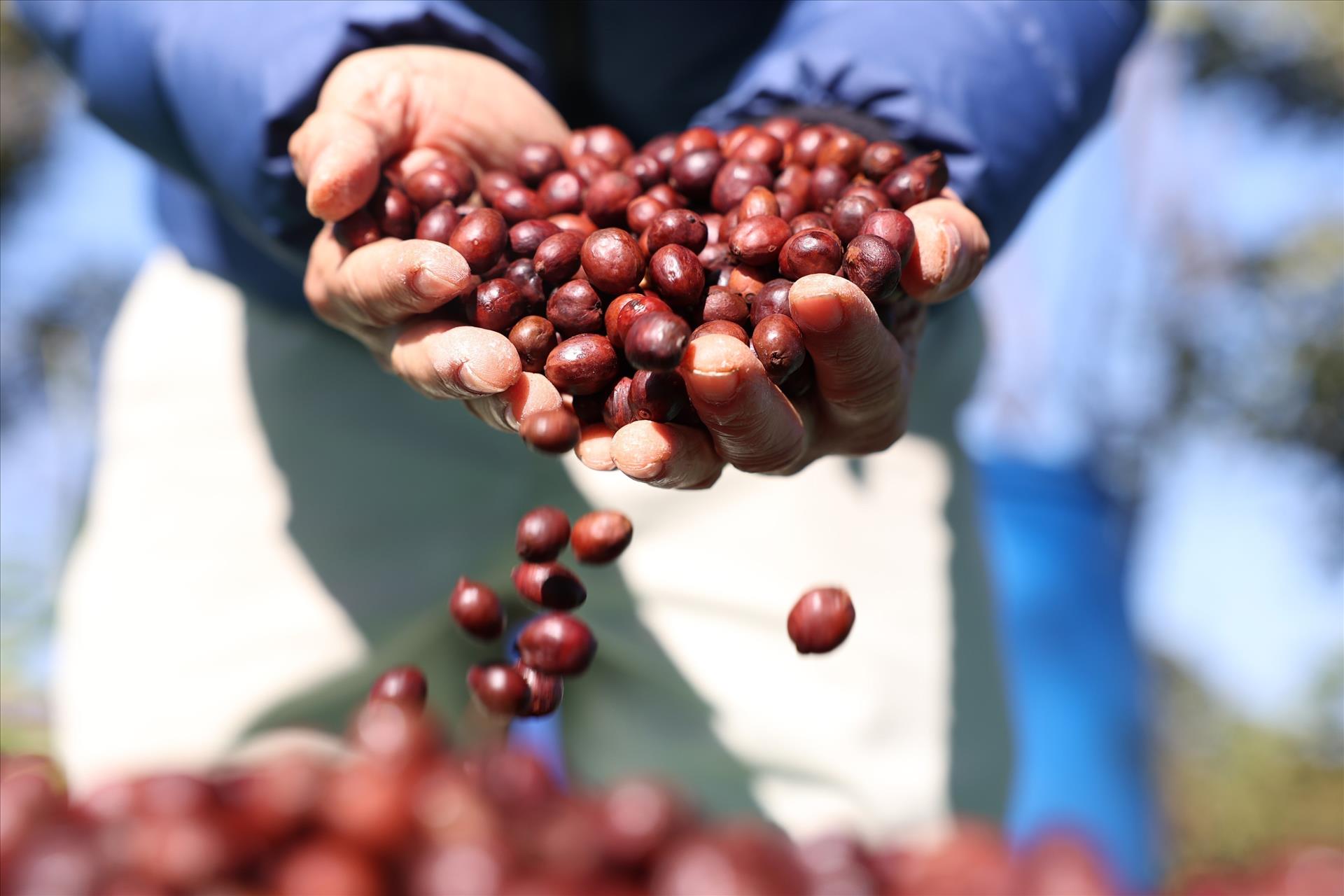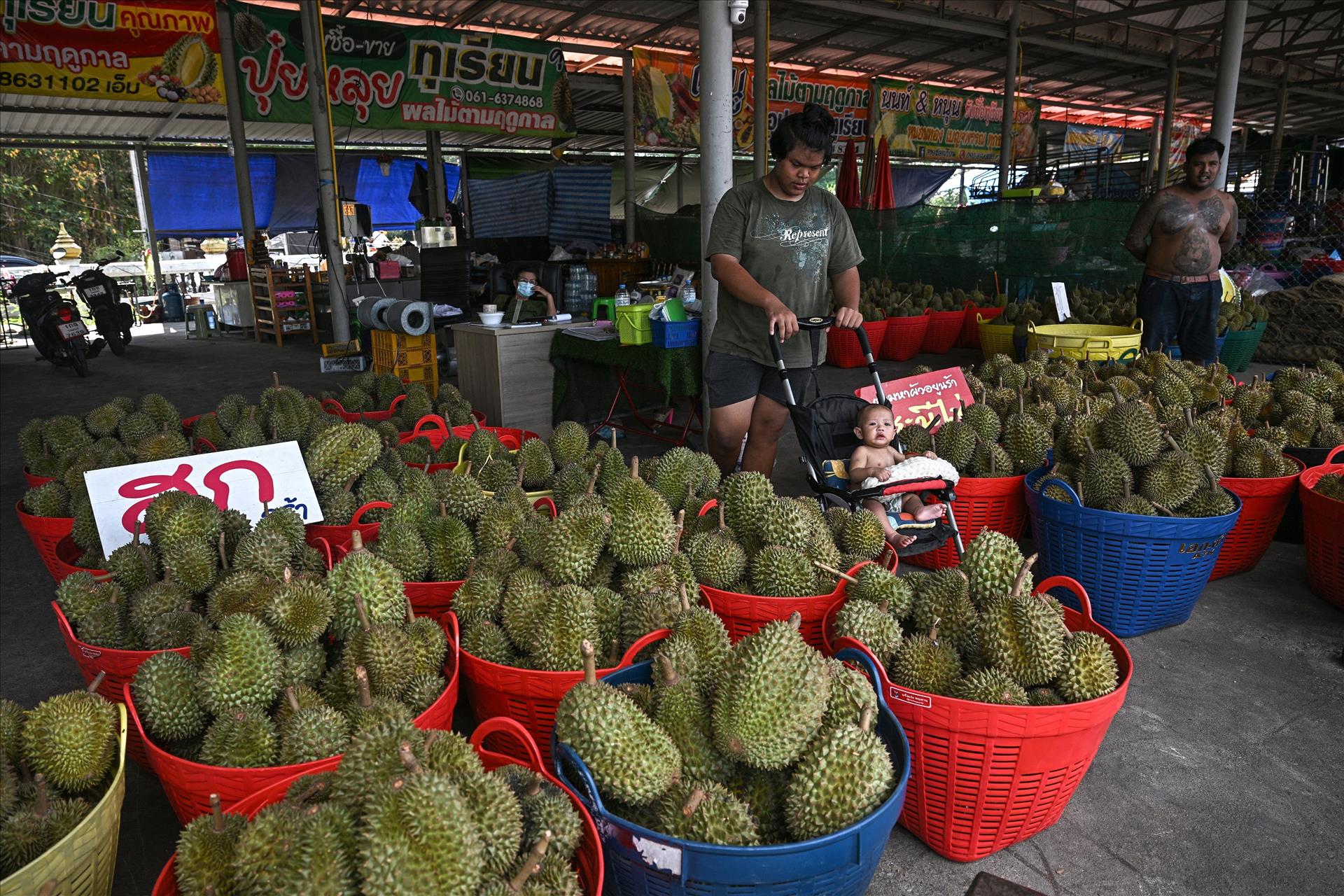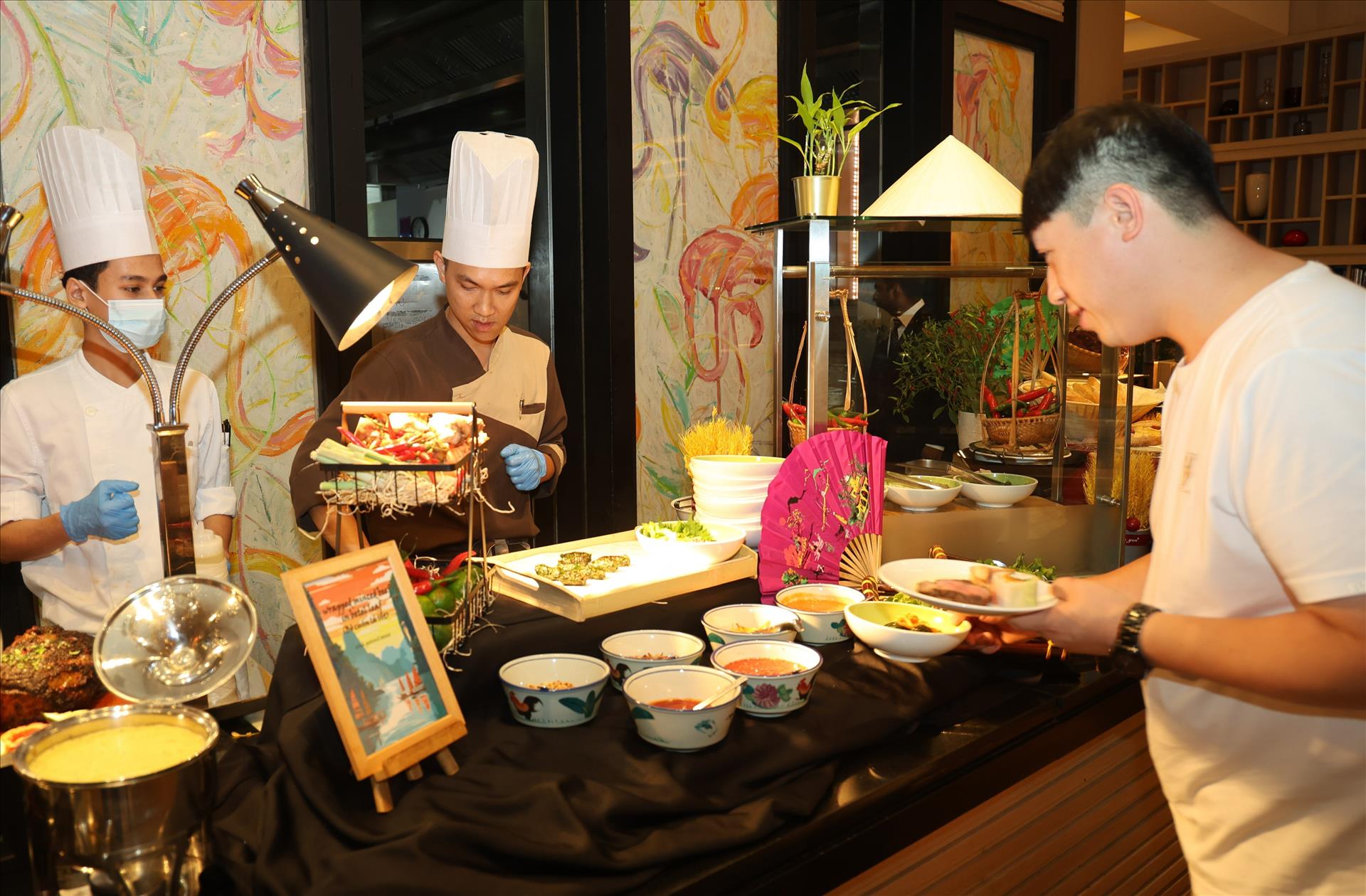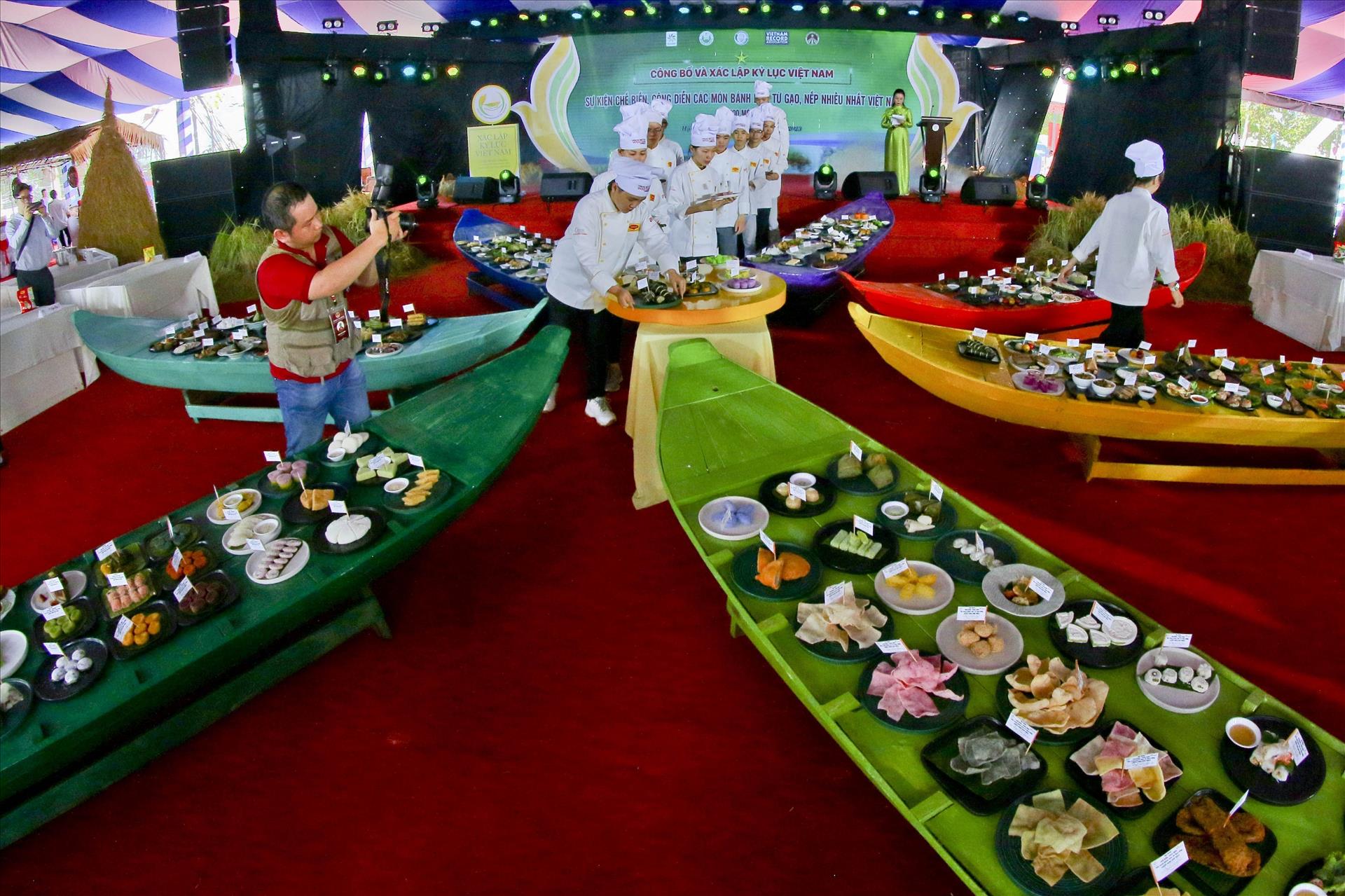ASEAN Builds a Sustainable Agriculture Foundation
Under the theme "Enhancing Connectivity and Resilience," the recent 44th and 45th ASEAN Summits and related meetings in Laos attracted significant international attention. Besides emphasizing regional connectivity, the focus on self-reliance demonstrates ASEAN's ability to respond to the rising challenges of non-traditional security and proactively adapt to emerging trends.
In this context, ASEAN leaders and partners adopted several important documents, such as the ASEAN Outlook on the Indo-Pacific for the Future Ready ASEAN and ASEAN-Centered Regional Architecture, alongside declarations on specific cooperation areas like enhancing supply chain connectivity, addressing climate change, biodiversity conservation, and sustainable agriculture.
For most ASEAN countries, agriculture is viewed as the "backbone" of their economies, helping them navigate various fluctuations and crises. The sector employs approximately 32% of the population and contributes 22.6% to GDP, playing a crucial role in regional efforts to eradicate poverty and achieve sustainable development.
Experts suggest that to enhance agricultural systems, ASEAN member states should prioritize developing ecological agriculture and promoting the application of advanced science and technology in agricultural production.
Specifically, ecological agriculture is considered a viable choice for achieving sustainable agriculture and a safe food system. It encompasses innovative farming systems that rely less on chemicals and are environmentally friendly. These include models that maximize local resource use, reduce chemical inputs, integrate agro-forestry, diversify crops and livestock, design landscape-based farming systems, practice organic farming, and implement conservation agriculture.
The Agro-ecology and Safe Food System Transitions in South-East Asia (ASSET) project, launched in Cambodia, Laos, Myanmar, and Vietnam from 2020 to 2025, has accelerated the transition to ecological agriculture in Southeast Asia.
Likewise, Vietnam has been actively engaged in all ASEAN agricultural cooperation activities, significantly contributing to the development of sustainable and adaptive agriculture, circular agriculture, as well as ASEAN food security and nutrition.
Despite its pivotal role in the ASEAN Economic Community, agriculture remains a vulnerable sector facing numerous risks. Vietnam's agricultural sector competes intensely with other economic sectors for resources such as land and water. Additionally, it faces challenges including declining productivity levels and the impacts of natural disasters and climate change. Therefore, ASEAN countries need to intensify the application of science and technology in agricultural production and organize value chains to enhance productivity, product quality, and optimize production processes.
ASEAN countries need to intensify the application of science and technology in agricultural production and organize value chains, improving productivity, product quality, and optimizing production, distribution, and management to ensure food quality and safety throughout the value chain. ASEAN agricultural cooperation is being implemented effectively and has achieved significant results, contributing to ensuring food security; developing sustainable, adaptive, and low-emission agriculture; circular agriculture; reducing the use of toxic agricultural chemicals; recycling crop and animal waste; promoting nature-based solutions; ensuring sustainable land and water resources; climate-smart agriculture; and digital agriculture./.
- Story: VNP
- Photos: VNA
- Translated by Hong Hanh
